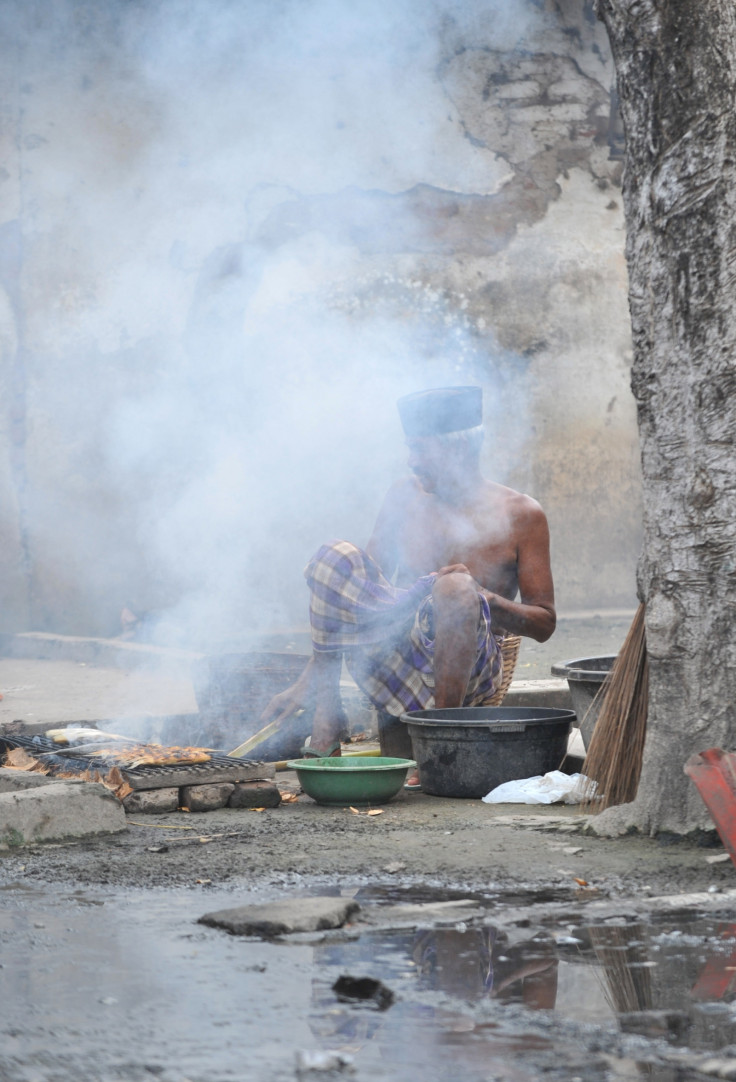Scrapping the worst pollution-emitting stoves could prevent 22.5 million early deaths by 2100
Inefficient solid-fuel cooking stoves have significant health risks and contribute to climate change
The first large-scale study of cooking stoves that burn solid fuel such as coal or wood has estimated that phasing out the stoves could prevent about 260,000 premature deaths from indoor pollution globally each year.
More than 3 billion people – that's in excess of 40% of the world's population – use cooking stoves that burn solid fuel such as coal, wood or dried animal dung. These fuels result in the release of fine particulate matter, which exacerbates respiratory conditions such as asthma and has been linked to lung cancer.
The study published in the journal PNAS looked at what would happen if the countries that are most reliant on solid-fuel cooking stoves phased out their use over 20 years. The study looked at 101 countries in total, and found that cooking stoves that were the worst emitters on an individual basis were found in Azerbaijan, Ukraine and Kazakhstan.
Overall, 260,000 premature deaths each year due to indoor pollution from cooking stoves could be prevented by 2050, the study estimates. Of these, the majority – about 200,000 – would be prevented in China, India and Bangladesh.
This would add up to preventing about 22.5 million premature deaths from particulates released by solid-fuel cooking stoves by the end of the century if they were all replaced with clean-burning stoves.
Solid-fuel cooking stoves also emit greenhouse gases and the precursors to aerosol pollutants, contributing to climate change. If they were all replaced with clean-burning stoves then surface temperatures would be predicted to cool by 0.118C.
Phasing out solid-burning stoves in China, India and Ethiopia would have the greatest effect on lowering surface temperatures, the study found.
Initiatives to replace the stoves with cleaner models, such as the UN-hosted Global Alliance for Clean Cookstoves, are already underway.
In addition to improving public health and aiming to reduce greenhouse gas emissions, improving access to more efficient stoves can benefit women's lives in developing countries in particular by reducing the time needed to gather fuel and the time spent cooking.

© Copyright IBTimes 2025. All rights reserved.






















